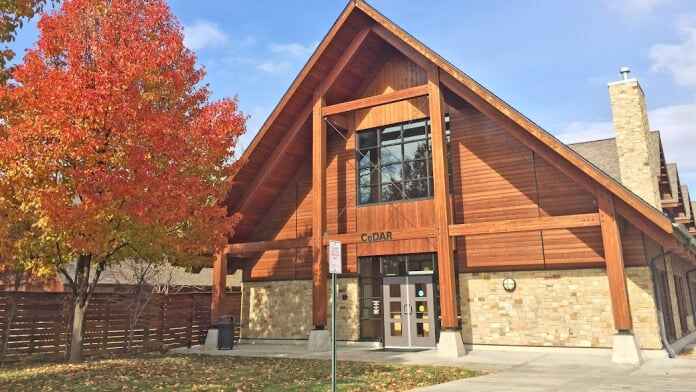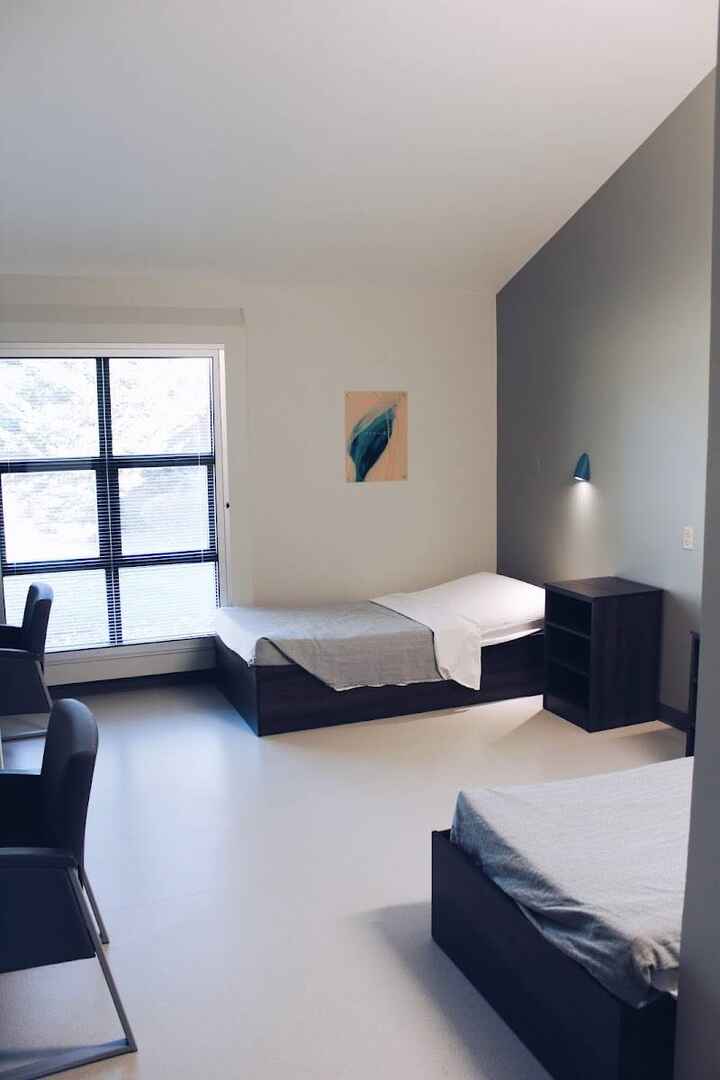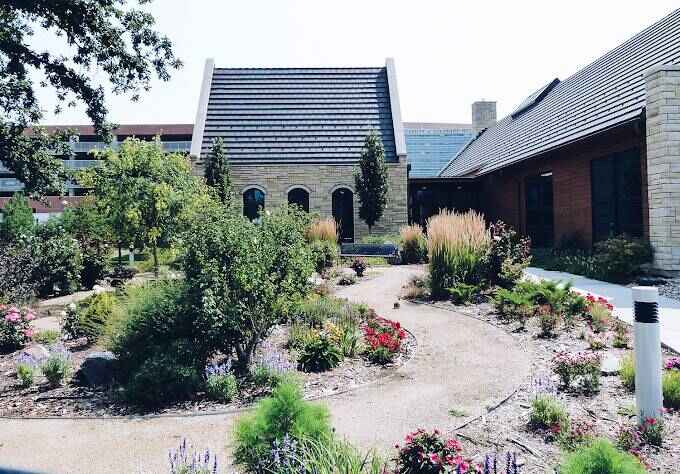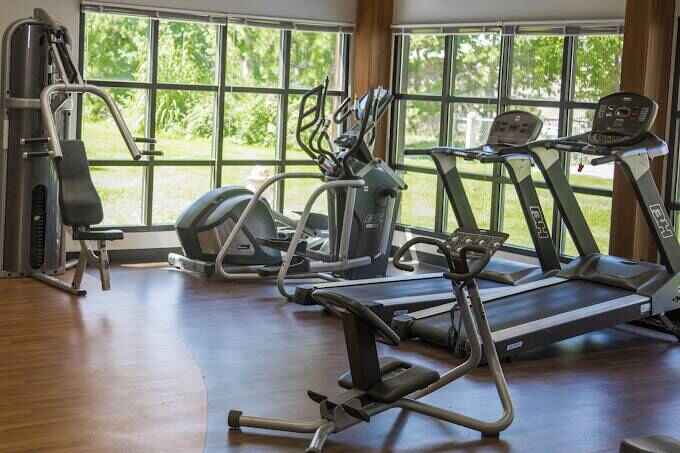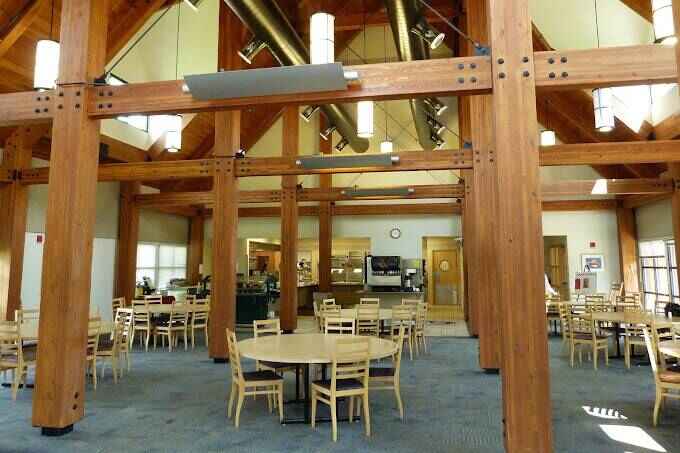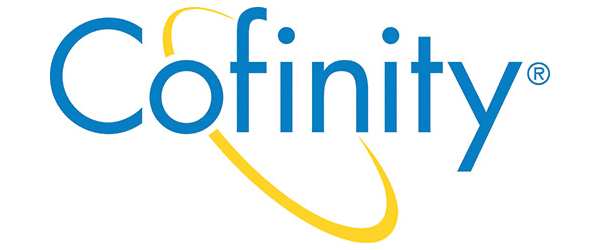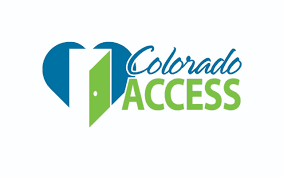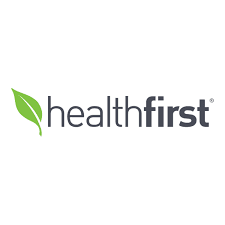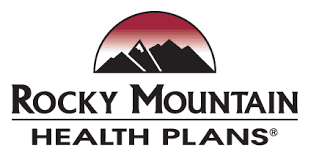About Center for Dependency, Addiction and Rehabilitation (CeDAR) A division of UCHealth – Aurora
CeDAR Center for Dependency, Addiction and Rehabilitation in Aurora, Colorado has several levels of care to meet the needs of every individual who comes to them for help. There are inpatient detoxification and medical stabilization programs. There is also an intensive residential program, partial hospitalization program, intensive outpatient and continuing care programs and even telehealth and online services.
They have additional support programs such as a spiritual program, a fitness program, a family and an alumni program. Each of these are available to help individuals and their families to overcome addiction and live a healthier, happier life.
CeDAR has a medically supervised withdrawal and assessment program (MSWAP) that not only provides the traditional detox services.
You will be admitted to the detox unit for approximately five days. During that time you may receive medications to help reduce the discomfort and dangers of detoxing. You will also go through a biopsychosocial needs assessment and a psychiatric evaluation.
After someone goes through detox they will be referred to the next level of care that is appropriate for them. This could be inpatient or residential treatment, a partial hospitalization or intensive outpatient program or a general outpatient support plan.
All of these levels of care will include cognitive behavioral therapy, psychiatric care if needed, treatment for dual diagnosis and chronic pain as well as workshops such as mindfulness coaching.
Residential treatment can be the perfect setting to assess your life, deal with your issues, and make a plan for success because you don’t have the pressures and responsibilities of the outside world to cope with. You are in a supervised, safe environment with support around you to ensure you get on and stay on the right track.
You will be involved in several groups such as SMART Recovery, Recovery Dharma, and traditional 12-step groups. There is an extended residential treatment program that helps with addiction, depression or anxiety, bipolar disorder, unhealed trauma, and more.
You may not need a residential treatment program, or perhaps you have finished residential treatment but still need support on your recovery journey. There are several outpatient options available through telehealth or in person. It is usually for 12 weeks and can be attended day or night. Partial hospitalization is also available in person. Both of these programs do have medication assisted treatment available if appropriate.
There are also alumni support meeting via Zoom twice a week for those who have completed all levels of care.
Insurance is accepted. There are also self-pay options and financial assistance available if needed. No one should be turned away due to financial status.
